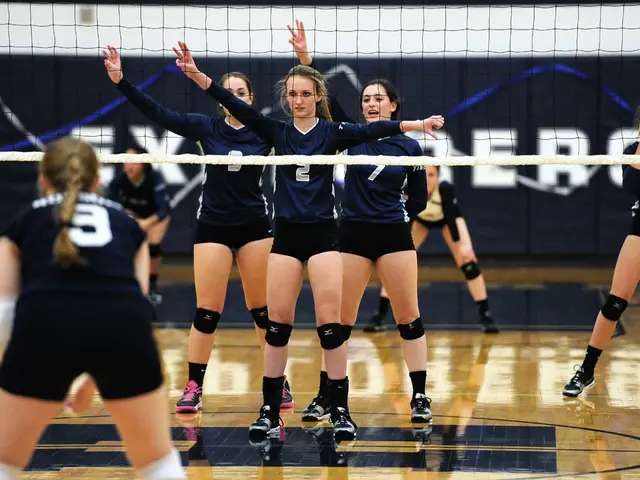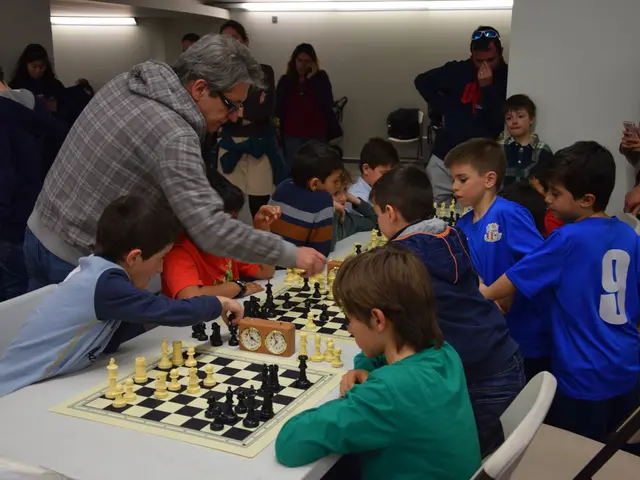Congress approves cross-party legislation aimed at combating deceptive deepfake media; now pending President Trump's signature for enactment.
The House approved a bipartisan bill on Monday to combat the surge of deepfake pornography, addressing a sensitive matter that has escalated as AI technology advances. The bill, referred to as the "Take it Down Act," is likely to be signed into law by President Donald Trump.
With a overwhelming vote of 409-2, the legislation targets the dissemination of nonconsensual, sexually explicit images and videos, including those generated by AI. It obligates online platforms to eradicate such content within 48 hours of being notified. Remarkably, this is a significant achievement for Congress, notorious for its sluggish response to technological advancements.
The bill has garnered widespread support from both sides of the aisle. Senators Ted Cruz (R-TX) and Amy Klobuchar (D-MN) are the main sponsors, while First Lady Melania Trump has leveraged her platform to advocate for its passing. In fact, President Trump highlighted the bill in a recent speech before Congress.
However, the bill has been met with opposition from digital rights groups, who argue that it could potentially infringe upon free speech and privacy rights. One of the reasons for this criticism is the concern that it could be misused to suppress lawful speech or jeopardize encrypted communications.
Rep. Thomas Massie (R-KY) was one of the two representatives to vote against the bill, expressing concerns that it could be an abuse of power. Deepfake pornography and harassment have become increasingly prevalent, particularly in educational institutions. However, there are currently no federal laws explicitly banning its use, making it challenging to remove or hold offenders accountable.
A tragic example of this issue is the case of Texas teenager Elliston Berry, who found a fake nude image of herself circulated on social media during her freshman year of high school. Despite the images being taken down, Berry and her mother felt that there were still loopholes in the law, and accountability was difficult to achieve. They collaborated with Sen. Cruz to address this issue and help prevent similar incidents from occurring in the future. Berry was also Melania Trump's guest for the president's March address.
- The Take it Down Act, receiving an overwhelming bipartisan support of 409-2 in the House, aims to combat the surge of deepfake pornography by obligating online platforms to eradicate such content within 48 hours of being notified.
- Originally, President Donald Trump is expected to sign the bill into law, following approval by the House, as it addresses a sensitive matter that has escalated with advancing AI technology.
- However, the bill has led to criticism from digital rights groups, who express concerns about potential infringement upon free speech and privacy rights, with apprehensions that it could be misused to suppress lawful speech or jeopardize encrypted communications.
- Republican Representative Thomas Massie was among those opposing the bill, expressing concerns about potential abuses of power. Such concerns are not unfounded, as cases such as the one involving Texas teenager Elliston Berry, whose fake nude image was circulated on social media, demonstrate the need for a more comprehensive and balanced approach to addressing deepfake pornography, harassment, and ensuring accountability in the justice system.









